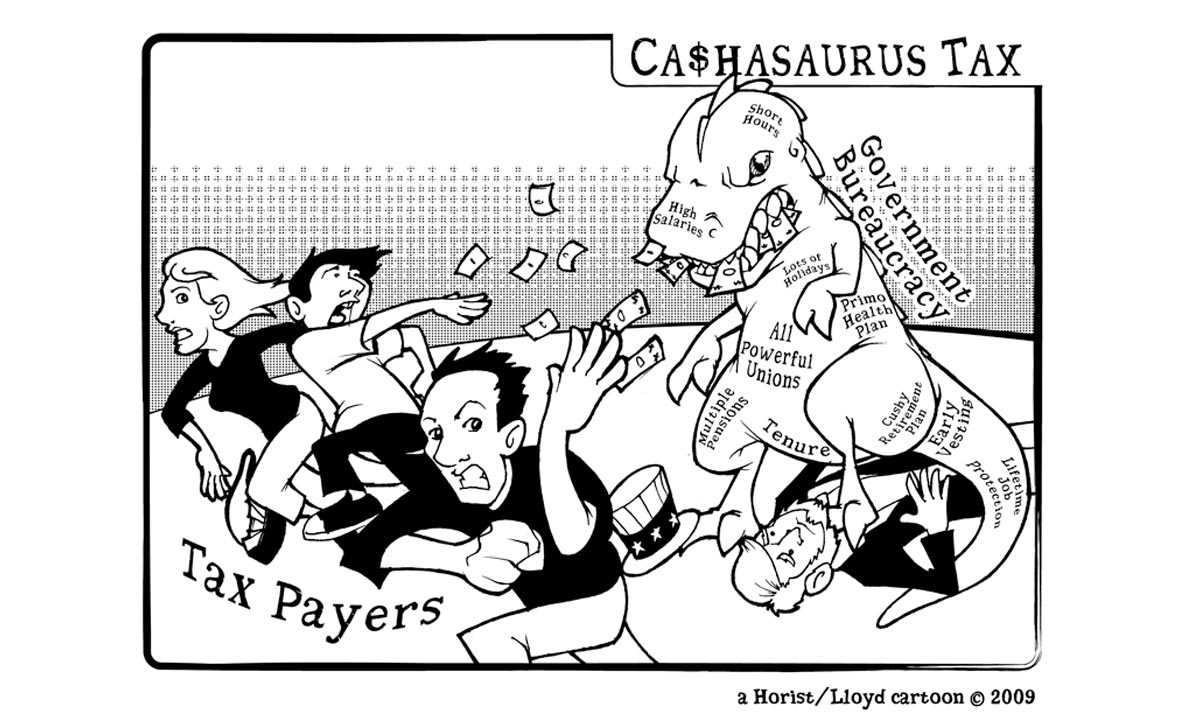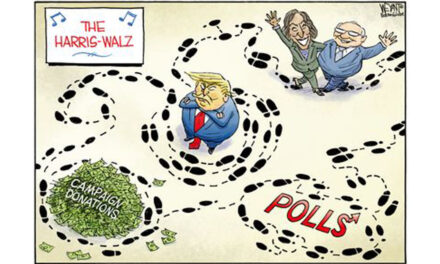
Terrorist Acts Pushing France into a Recession
France is the world’s most-visited country, with Paris and Nice being the two most popular cities. Needless to say, the attack on Nice last week and the bombings in Paris in January have had a considerable effect on the nation’s vital tourism industry.
Punching Bag has theorized that the repeated terrorist attacks in France and other parts of Europe are part of a large-scale plan to tear apart the EU and to mobilize Europe’s large (moderate) Muslim population into an insurgent force.
We can now see that the repeated attacks on France are pushing the country into a recession. Let’s take a look at France’s GDP:
France is the world’s 7th largest economy, but averaged less than 1% annual GDP growth between 1950 and 2016. France’s GDP grew 1.3% in 2015 and has grown 0.6% in the first three months of 2016.
Tourism makes up roughly 8% of France’s economy, and according to Newsmax terrorism has already stolen 30% of it. 30% (of 8%) is about 2.2%, which means France’s economy (currently 1.3%) will shrink by a factor of 2.2%, leading to a GDP growth of -0.9%. And I don’t need to tell you that negative growth equals recession.
Recessions lead to layoffs, flagging production, and more unrest. “There will be far fewer tourists,” predicts Joanna Marat, owner of a hotel in Nice. “I was planning to take more people on to help in August, but now I said to them that there will be no jobs.”
France stands to lose its valuable destination status if non-residents begin to view the country as unsafe.
“France has been projecting very violent images to the outside world for 18 months now,” says Vanguelis Panayotis of France’s MKG Tourism Consultancy. “The impact on business is going to be large. It’s tough, because France is just coming out of a successful Euro (soccer) tournament, and the feeling of insecurity had receded.”
Economist Christopher Dembik is more optimistic. The effect on France “will be smaller than the fallout from Brexit on the French economy,” he says. “France has an advantage compared to other tourist destinations, there is no identical substitute. Others simply understand that terrorist attacks can happen anywhere, and that it doesn’t make sense to avoid places in which attacks have already happened.
As PB’s Joe Gilbertson wrote in a previous article, the terrorists have a plan and it is coming to fruition. France’s struggles exemplify Step 6 of the plan outlined here. The real damage to France will not be the lives lost and the property damaged, but the economic effects as tourism wanes, businesses close, and unemployment rises.
Editor’s note: This was stated in the referenced article but bears repeating. Beirut was not destroyed by soldiers. When I was there in the late 1980’s, the damage from fighting was almost anecdotal.
The real destruction was the abandonment by businesses and banks, the subsequent economic downfall (I was there when the exchange rate went from 30 pounds to the dollar to 600 pounds to the dollar in less than 60 days) and the halt of imports. The infrastructure started to fail and could not be repaired, workers abandoned their jobs because their salaries were no longer enough to buy food. Desperation ensued.
If perception becomes that France is a dangerous place to do business, then France is done.
























Faggots and trannies and either demon possessed or has mental illness. Like Dunger💩
Come on guys, we need our critical thinking hats on which make this article is quite funny as a fantasy…
Frank, it is dangerous to drink and post...
Hey DUNGER. Trump is a felon who still kicked the token’s stinking ass. He’s judged a sex offender by fools…
Joe you can’t take Dunger seriously. He only spews leftist bullshit.